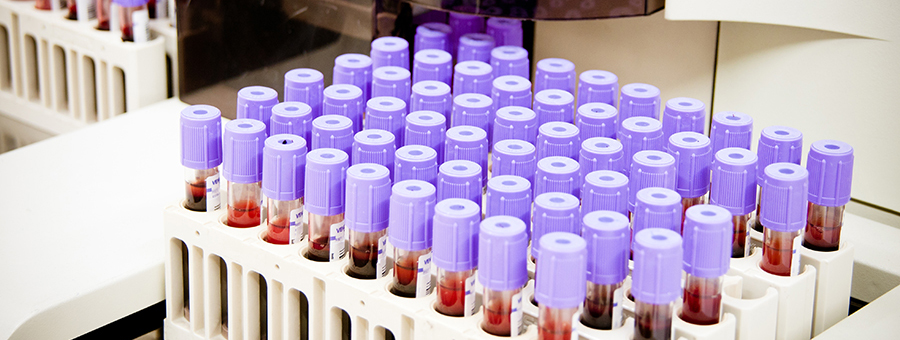The Clinical Analysis department of Eurofins Megalab Canarias is made up of a wide multi-disciplinary and highly-qualified team including pharmaceutical specialists, doctors, biologists, vets and laboratory technicians. .
A range of human biological samples are tested: blood, urine, faeces, bone marrow and liquids from a variety of sources: amniotic fluid, cerebrospinal fluid, pleural fluid, synovial fluid, pericardial fluid…




